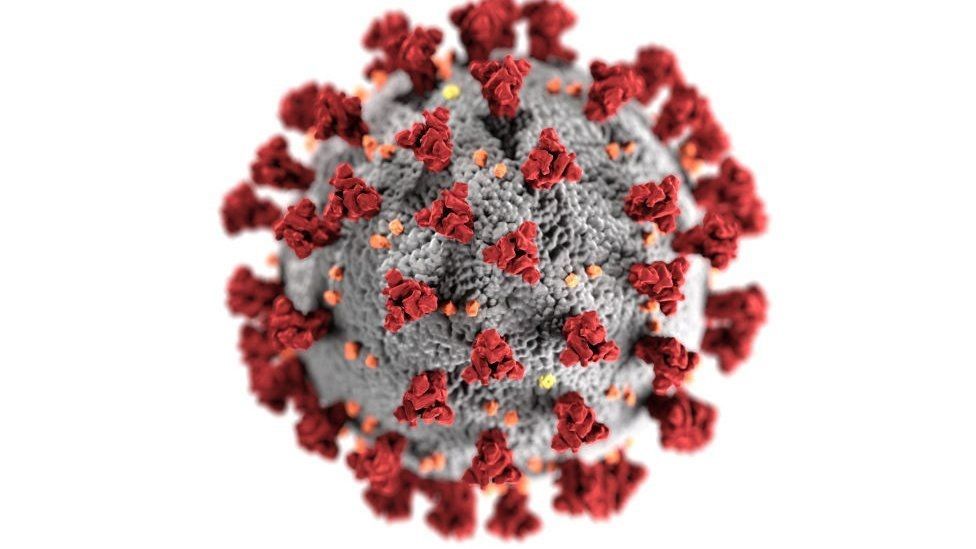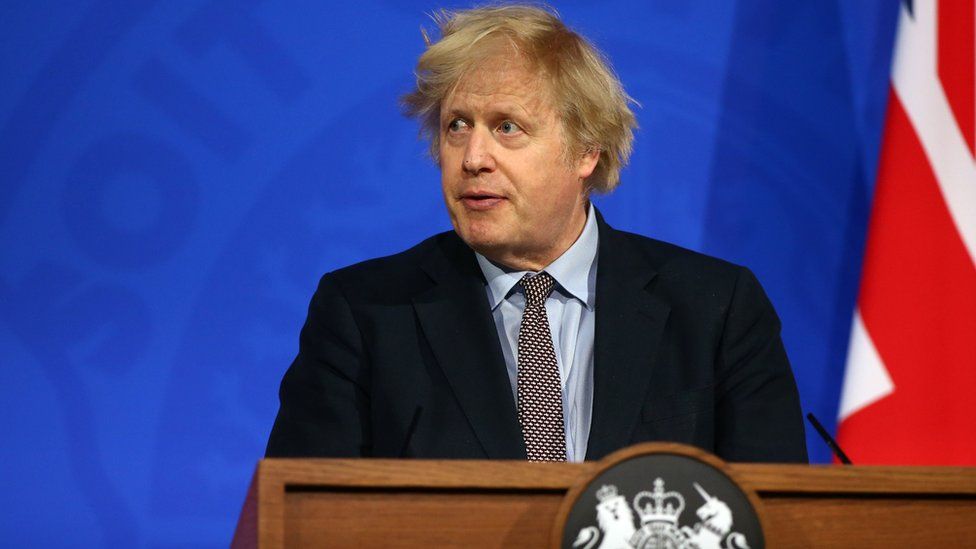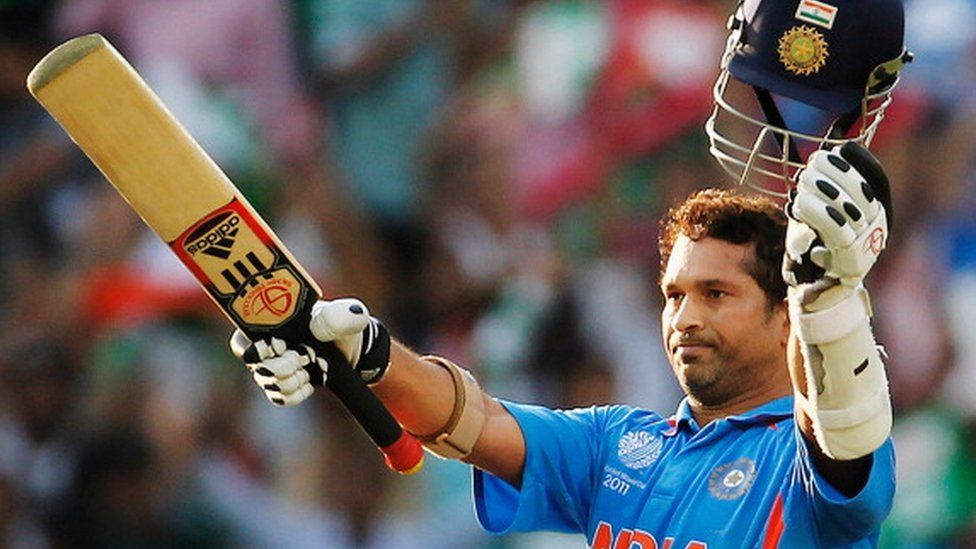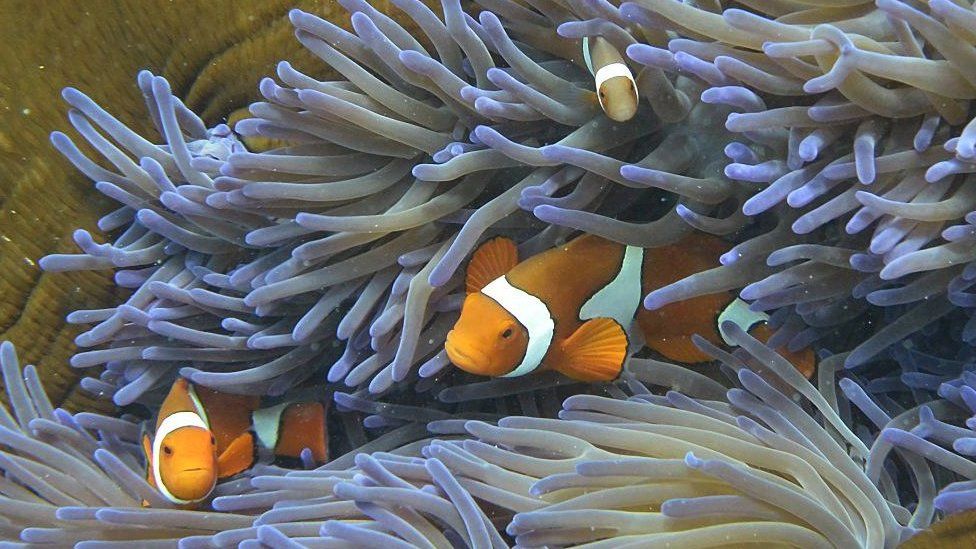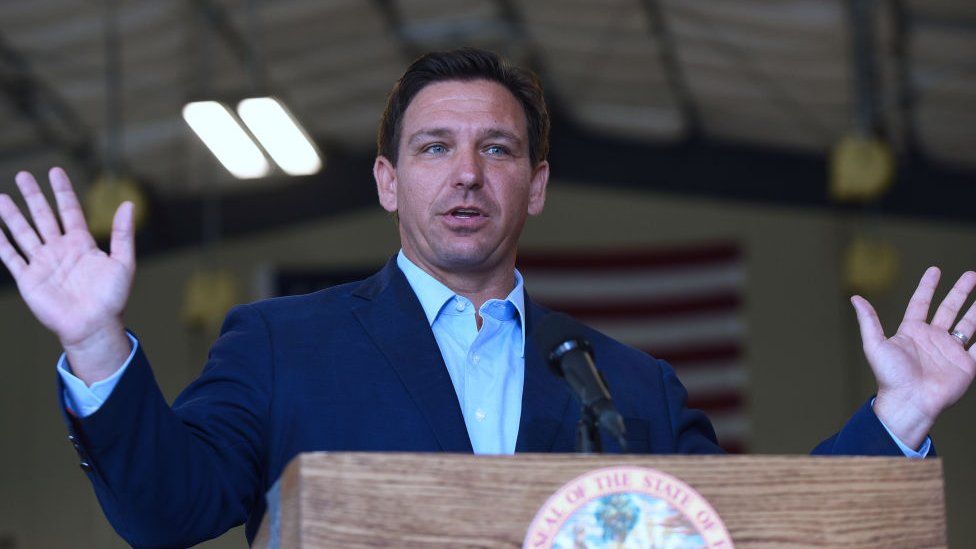Why schools are failing children on climate change

By Zoya Mateen, Delhi, Nov. 22: Every year, Shamayel Zaidi, a school teacher in India, gives his new senior school students the same assignment: a presentation on one of three topics - consumer awareness, social issues or environmental sustainability.
Hardly anyone picks environment, he said. Not even in recent years since the perils of climate change have become more real everywhere - temperatures are higher than ever, glaciers are melting faster, violent cyclones and wildfires have become common, and children are at higher risk because of all of this.
But in this residential school in the northern city of Varanasi, Zaidi said, students, are not interested because there has been no "real effort" to inform them of the severity of the climate crisis.
"Unless it's your town that's being hit by a flood or some other catastrophe, people are not aware of how bad things are," he said.
Inequality also plays a role, he added. "Some of my students want to talk about climate change. But a lot of them come from families where such subjects are never discussed at home."
When 15-year-old Greta Thunberg started a school strike in Sweden in 2018 to draw attention to the climate crisis, she kicked off a youth-led movement that quickly gathered steam. For the first time, children and teens - pouring out onto the streets in every continent - demanded climate action.
Ever since children have been taking centre stage in the fight against a rapidly warming world. And as they do, many are pushing for schools to add climate change to their curriculum.
"Including climate topics in school curriculum is critical for training the next generation of innovative thinkers that can become champions of climate action at local and international stages," said Dr Ayoob Sharifi, an associate professor at the Hiroshima University and one of the lead authors of the UN's Intergovernmental Panel on Climate Change (IPCC) report.
New Zealand and Italy have already introduced climate change studies into the secondary school curriculum and Britain said at November's COP26 summit that a climate change teaching strategy was on the anvil. Indian Prime Minister Narendra Modi recently said there is a need to include "climate change adaptation policies" in the school syllabus.
India currently has no curriculum on climate change, but some aspects such as sustainability are taught under environmental studies, which is compulsory in schools and colleges.
Dr Sharifi says teaching about climate change is of "utmost importance" for India as it is "expected to experience rapid population growth and urbanisation in the coming decades".
If children are aware of the consequences of unsustainable growth, they are likely to adopt a more climate-friendly lifestyle, he said.
Some schools in India have started doing this informally. At Shri Ram school in Gurgaon city, children learn to plant trees and make projects out of recycled products as they discuss changing weather patterns and the social and economic aspects of their relationship with the environment.
"It may not be a separate subject per se, but there is a curriculum in place to teach children about climate change and it's graded," said Sharda Sagar, who has taught environmental studies and social studies at the school.
But experts say existing teaching methods do not address the scale of the problem.
"The environmental curriculum focuses more on nature and outdoor education but doesn't touch upon how human actions contribute to climate change or how children can actually combat it," Keya Lamba said.
Lamba co-founded Earth Warriors - a climate change programme for children - with Shweta Bahri, an education policy expert.
Earth Warriors offers a series of learning modules for children between three and seven years, introducing complex topics on climate change through animated characters, songs and simple activities. Lessons rely on reused and natural materials such as cardboard boxes, sticks and leaves.
Bahri says the idea is to teach children important concepts but to also make them "feel like superheroes" and make them realise that individual actions can help protect the planet.
The course also trains teachers on how to approach the topic in "a non-scary positive way".
The curriculum has been piloted in about four countries, including the UK, US and Botswana, and will be launched in a few private primary schools in India in February. "This is a start but our end goal is to make this a national curriculum in India and elsewhere," Ms Lamba said.
But not everyone agrees that Indian schools need a separate curriculum on climate change.
Anita Rampal, former dean of the Faculty of Education at Delhi University, says that instead of relegating the topic to a separate textbook, there is a need to integrate it with existing subjects "so that it runs through the entire curriculum".
"Climate change and related topics such as the biodiversity crisis and ecological justice are very important to understand, but they are also abstract and challenging," she said. "It's not enough to preach moral messages or give definitions. These concepts and issues need to be woven into whatever you teach."
There are other challenges too. Huge disparities exist between underfunded government-run schools and plush private ones, making it that much harder to integrate climate education across the board.
"It's easy to say schools should create outdoor time and practical activities, but the truth is that it cannot happen in many poor schools in India. So, more than a curriculum, schools need to be supported to be able to bridge this gap," Ms Sagar said.
But teachers also worry about the despair and hopelessness students can feel upon learning about the troubling reality of climate change.
Rampal says that's a part of growing up. "Children have to address issues as they face them. A curriculum is never just transmitting information, it is about a child constructing her own knowledge."
Other experts say solutions too must be an integral part of learning about climate change.
"Only showing a dark image of the future will certainly have a negative mental impact," Sharifi said. "Schools need to emphasise that there are solutions to the problem and that our individual and collective actions can make a big difference."
Recent News

Do not make expressions casting dout on election: EC
14 Apr, 2022
CM Bhatta says may New Year 2079 BS inspire positive thinking
14 Apr, 2022
Three new cases, 44 recoveries in 24 hours
14 Apr, 2022
689 climbers of 84 teams so far acquire permits for climbing various peaks this spring season
14 Apr, 2022
How the rising cost of living crisis is impacting Nepal
14 Apr, 2022
US military confirms an interstellar meteor collided with Earth
14 Apr, 2022
Valneva Covid vaccine approved for use in UK
14 Apr, 2022
Chair Prachanda highlights need of unity among Maoist, Communist forces
14 Apr, 2022
Ranbir Kapoor and Alia Bhatt: Bollywood toasts star couple on wedding
14 Apr, 2022
President Bhandari confers decorations (Photo Feature)
14 Apr, 2022


